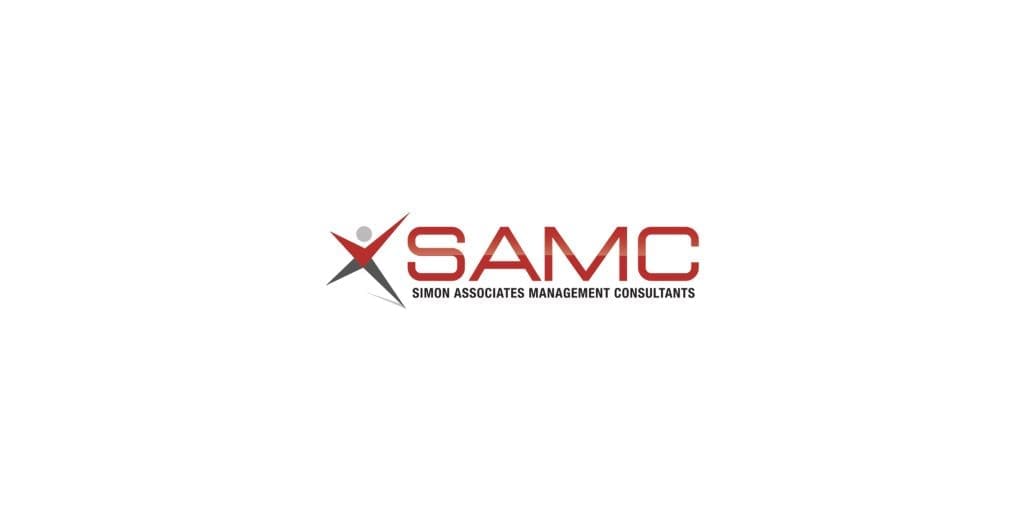 Last week while Hurricane Sandy was raging, I was sitting around the house with the fireplace glowing (a little like Lincoln) thinking about what I was going to blog about.
Last week while Hurricane Sandy was raging, I was sitting around the house with the fireplace glowing (a little like Lincoln) thinking about what I was going to blog about.
And then my light went on. I thought I would talk about potential clients whom we speak to all the time. They have energy, are developing businesses and are certainly successful. But are they as successful as they can be? Let me share some wanderings about several start-ups that we have either recently worked with or been asked to assess.
Great idea but not willing to tell people about it
One was a physician who had a great investment in an online concept. It was well designed. Had been worked on for several years. Even had a pilot hospital on its site. The concept was to make non-emergent surgical procedures from healthcare providers—mostly hospitals and surgery centers—available for consumers. Sounded like it was ripe for the times. The only challenge as we worked with the inventor was that he had put his entire investment into the concept and the IP development and had no patience or funding for marketing.
NOTE: If you are going into a Blue Ocean to create demand among people who don’t even know that there is a marketplace to shop for surgery, you better have some money to create awareness and trial among potential users. If not, you are going to be a product in search of a market. That is not particularly new or new to online companies. It is as relevant today as it has always been. Good ideas are not necessarily innovations unless you can bring them to market. And then tell people about them.
On the other side, without demand, hospitals and surgery centers were just not interested in the product, even if it was free.
Another great idea but no demand for it
A second case was a fellow who created a great way for lawyers and doctors to convert their paper files to digital ones. While it worked in one doctor’s office, others were just not interested in investing unless they also had medical records imposed upon them by the government. Until electronic medical records came along, his product was a nice idea but not necessary. And the same reaction came from lawyers, even those who had grown up digital. All that paper cost money to store but the act of changing habits and digitally transforming written documents into a new medium was not compelling, even if it was simple and easy. And without marketing dollars there was no way to sell it into the market—despite a lot of good interaction with friends and family who all thought it was a cool product but not for them.
So what are the lessons to learn and to share?
We know that change is painful. Old habits die hard, but you need to break these habits if you are to be successful. Working with companies, I always focus on three critical issues: strategy, culture and branding. They go as follows:
1. Strategy: Are they strategically focused? “Blue Ocean” and innovation thinking is critical to their success. But are they thinking about change in a processed way? At Simon Associates we utilize a strategic canvas and reverse assumptions to help organizations find effective innovation and change. We are also trained facilitators for Innovation Games™. Using games is a great way to free the mind and enables people, in a non-threatening way, to be very creative.
2. Culture: How does the culture of their organization affect everything they do? At Simon Associates we utilize the OCAI (Organizational Culture Assessment Instrument), developed at the University of Michigan, to help organizations determine where they are and where they would like to be. We are practitioners of this process and have spoken to organizations such as the Family Firm Institute about organizational change.
3. Branding: What is your brand? When you introduce innovation and/or change, your culture often requires rebranding—both internally and to the public. Understanding the culture of the organization certainly helps in the rebranding process. Our experience with clients has led us to observe that an inconsistent message between what the management of an organization aspires to and the message to its key constituency, its employees, can be inconsistent and reduces effectiveness.
Potential clients find our services and presentations very compelling, and we have a proven track record of successfully helping companies change, adapt and thrive in these challenging economic times. Please contact Simon Associates Management Consultants if we can be of service to you.



